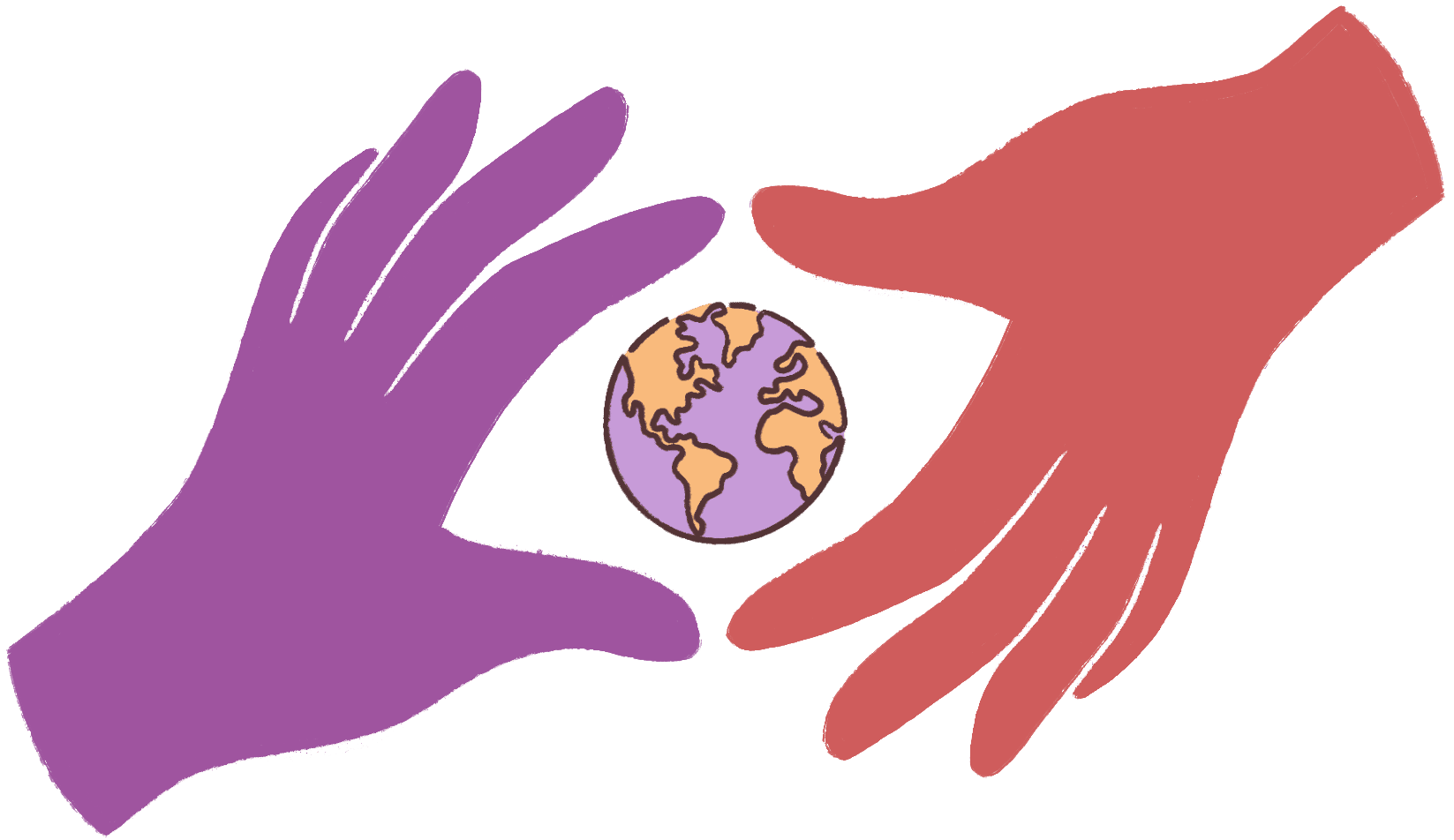Let’s look back at the meeting of October 11, 2022. The Mediterranean Women’s Fund hosted Wiame Awres, co-founder of “Feminicides Algeria“, and Aliaa Awada, co-founder of the Lebanese feminist media “No2ta“, to discuss the state of femicides in the MENA region (patriarchy, non-enforcement of laws, women’s status, taboos, etc.) and explain how the strike of July 6, 2022, was a starting point in response to the silent outbreak of femicides in the region.

WHAT IS A FEMICIDE?
Also called a feminicide, a femicide is defined as the murder of a woman or a girl, due to her gender. According to Wiame Awres, co-founder of “Feminicides Algeria”, this definition is not satisfactory, especially in the MENA (Middle East and North Africa). In the MENA, gender-based crimes are broken down into two types. On one side, misogynistic femicides, for which gender is the sole motive, and on the other side, crimes of honor, for which motives include an “immoral” deed by the victim and the upholding of family honor. According to Awres, every murder of a woman who lives in a patriarchal society should be considered as a femicide.
The concept of honor killings has several drawbacks. It implies that the act of murder is instigated by the victim, and therefore, justified, thus placing the blame of the crime entirely on the victim. Not only does this concept legitimize femicide, but it also has the effect of overshadowing these appalling acts of violence by lumping them into a category that turns women into the property of their families. For some, referring to femicides as honor killings mitigates the severity of the acts that were committed. Journalist and feminist Aliaa Awada believes that it is essential to avoid using this term when talking about femicide.
HOW DO WE TALK ABOUT FEMICIDES IN THE MEDIA OF THE MENA CONSIDERING THAT THE WORD “FEMICIDE” IS MISSING IN THE ARABIC LANGUAGE?
According to Aliaa Awada, the problem is not so much one of terminology but rather of media coverage of these crimes. So far, the media in the MENA have either given limited coverage to femicides, or focused on breaking news only, i.e. on the most brutal incidents, thereby giving the impression that femicides are isolated cases and not an everyday social fact.
The No2ta Collective, of which Aliaa Awada is a member, strives to bridge this gap in the media by producing quality feminist content in the MENA.
In addition to disseminating information, the collective’s goal is to spread messages that can help shift social norms, by targeting the people most capable of implementing change. According to No2ta, the audience to be sensitized should be the 18-35-year-olds. This younger generation is the next to commit or suffer from femicides. Therefore, it is essential to inspire young women to be more independent, to take control of their lives, their body, and so on, while also inciting young men to be less abusive.
In summer 2022, there were major mobilizations in the MENA: online protests, in-situ social movements, etc. These demonstrations followed a series of murders, notably that of a Jordanian student who was killed in front of her university.What can you say about this protest and the outburst on social media?
In Jordan, 21-year-old student Iman Arsheed was killed outside her university. A few hours after Iman’s death, a message from her killer was published on the internet, in which he confessed to being inspired by the murder of another student in the region.
In light of these crimes, there were two radical reactions: some sided with the murderer, deeming his act justified and standing against his arrest, while others demanded that the murderer be sentenced to death.
For Wiame Awres, the death penalty is not a solution. She says, “if this man gets killed, there will be 100 more afterwards. The issue is systemic, it is the entire legal system and the social framework around these femicides.”
Aliaa Awada agrees to this statement. The fact remains that even though the perpetrators were well aware of the risk of death penalty, they did not hesitate to murder women.
These crimes are a wake-up call. Syrian feminist Reem Mahmood called for a protest in the MENA. The main objective is not only to stop these femicides, but also to express that the solution is not the death penalty: there needs to be a profound social, political and institutional change.
Organizing a multi-country protest is challenging. Hence, it was decided that the day of the protest should also be an opportunity for a media campaign that will help publicize the femicides in the region. Awada believes it was important to report on these women, showing their faces and saying their names so that politicians can no longer look away from the issue. She says, “there will only be preventive measures once there is a political acknowledgement of this issue.”
Awada thinks a strike will however not be enough. The media in the MENA is usually focused on the sensational. She says, “if we were to organize a strike, it would not be sensational enough [for the media to cover], not as sensational as slitting a woman’s throat in broad daylight.” She believes creating their own media is key. It would allow women of the MENA to tell their own stories instead of relying on medias that put the spotlight on the criminals, which ultimately generates the risk of inciting other men to emulate the killers, instead of effectively supporting the victims and pushing the society to stand up for the cause.
Would you like to attend the next meeting of the Mediterranean Women’s Fund on “Activist Burnout”? Be sure to follow them on Instagram and Facebook and subscribe to their newsletter!
